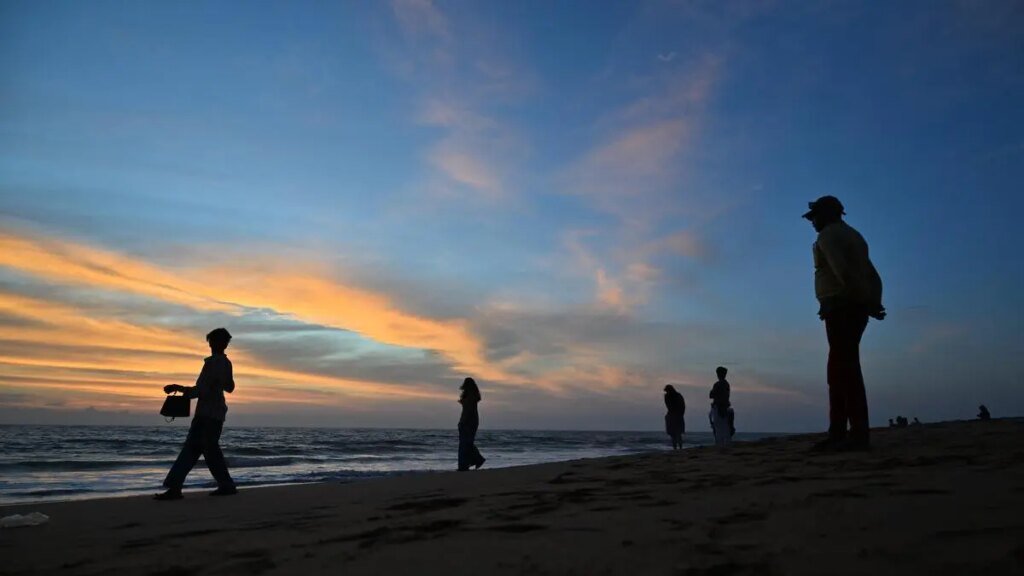At WTO, India must counter China’s complaints against its PLI schemes: Experts

FILE PHOTO: A logo is seen at the World Trade Organization (WTO) headquarters before a news conference in Geneva, Switzerland, October 5, 2022. REUTERS/Denis Balibouse/File Photo
| Photo Credit:
DENIS BALIBOUSE
India must counter China’s complaint against its incentive scheme for EV passenger cars and production linked incentive (PLI) schemes for new-generation batteries and automobiles, experts have said. China officially submitted its complaint on Monday arguing that these schemes discriminate against foreign producers.
However, the overwhelming view in India is that that the idea behind these schemes is not to discriminate against foreign players but to develop domestic manufacturing in new technology areas.
“Domestic incentive continues to be a grey-area at the WTO and New Delhi must not give in to pressure from China. Developing countries must have the policy space to develop their manufacturing, especially in new technology areas,” a Delhi-based representative of an international non-profit trade organisation said.
Three schemes
In its request for consultations with India submitted to the WTO’s Dispute Settlement Body, China singled out three schemes — the PLI ACC battery storage scheme, the PLI auto scheme and the EV passenger cars scheme — for being allegedly violative of WTO rules.
It said that these schemes were contingent upon the use of domestic over imported goods or were otherwise discriminating against goods of Chinese origin.
“All three programmes are in furtherance of the ‘Make in India’ initiative…incentives provided are conditioned on compliance with certain requirements, including domestic value addition requirements…,” the submission noted. These appear to be inconsistent with India’s obligations under the SCM (subsidies and countervailing measures) Agreement, the GATT 1994 and the TRIMs (trade related investment measures) Agreement, it added.
“China has sought consultations and New Delhi must now clearly put forward its own arguments in support of the schemes. If not convinced, Beijing will ask for establishment of a dispute settlement panel which will examine arguments presented by both sides and give its verdict,” pointed out Jayant Dasgupta, former Indian ambassador to the WTO.
Promoting its ‘infant industry’ is one of the arguments that developing countries can put forward in defence of production subsidies at the WTO but for that several conditions would have to be satisfied, he added.
In case there is an unfavourable verdict, India could appeal to the WTO Appellate Body which will be an appeal in void, Dasgupta added. That is because the body is dysfunctional due to the US blocking the appointment of new judges
“With no appellate body, China cannot secure a resolution of the matter through legal channels,” concurred Abhijit Das, international trade specialist.
Published on October 21, 2025



